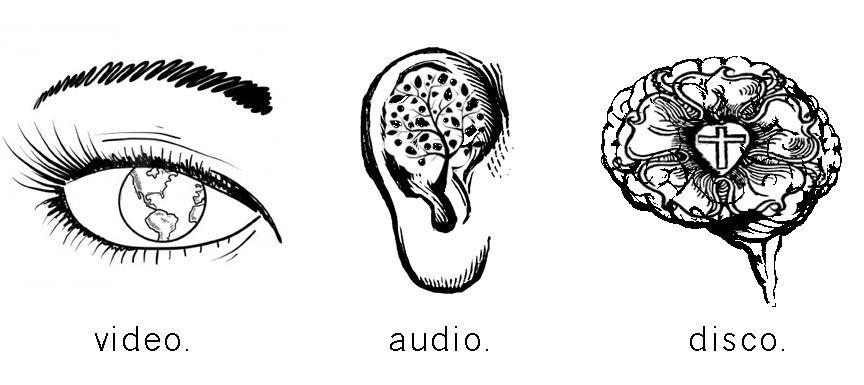"Several years ago the scientist and intellectual historian Jacob Bronowski produced a television series and a book called The Ascent of Man." In the eleventh episode and chapter, he dealt with the great harm done by those who think they know. Supposedly, the harm is done just because they think they know. At the end of the episode he strides out into the ash pond at Auschwitz, squats down, and scoops up a handful of mud.
'This,' he says,' is where people were turned into numbers. Into this pond were flushed the ashes of some four million people. And that was not done by gas. It was done by arrogance. It was done by dogma. It was done by ignorance. When people believe that they have absolute knowledge, with no test in reality, this is how they behave. This what men do when they aspire to the knowledge of the gods.'
.... Bronowski certainly regarded himself as expressing moral, though perhaps not religious, knowledge - as not just making a "leap of faith" - when he presses for the elimination of 'absolute' knowledge. Certainly he is not expressing a conclusion of any science known to humankind. And it is fair to ask how one can stand against arrogance and intolerance and persecution except on the basis of knowledge. Is that now what he is doing - resting his case on what he knows? What else is possible? He certainly did not think he was just expressing his own personal belief or commitment.
And is it not true that the brightest examples of people who stand against arrogance and intolerance are, for the most part, those who stand on the basis of what they take to be religious and moral knowledge? Wasn't that true of most of those who did oppose Hitler and his ash pond? And, just for the record, those who did not oppose Hitler usually blamed it, precisely, on lack of knowledge: "We did not know this was being done!
Also, it is not obvious, to say the least, that those who have abandoned religious and moral knowledge are more tolerant and less inclined to arrogance and cruelty than those who adhere to it. Human beings routinely assume superiority on many gorudns other than possession of knowledge. The sad truth is that people can be just as arrogant from belief, commitment, various associations, or simple egotism as from claimed knowledge.
Also, it is not obvious, to say the least, that those who have abandoned religious and moral knowledge are more tolerant and less inclined to arrogance and cruelty than those who adhere to it. Human beings routinely assume superiority on many gorudns other than possession of knowledge. The sad truth is that people can be just as arrogant from belief, commitment, various associations, or simple egotism as from claimed knowledge.
Do we actually find more humility and tolerance, with respect to things that really matter to them, in those who reject the possibility of religious knowledge than in those who accept religious knowledge? What are the empirical facts here, and where are the studies that establish them? Let's be scientific about that.
Tolerance is not indifference, but a generous regard and even provision for those who differ from us on points we deeply care about. To support tolerance - which is not the same as lacking intolerance - more is required than just a lack of certainty concerning differences at issue. We must also care about people.
Genuine tolerance itself must be based upon assured knowledge of what is real and what is right. And it always is. It is not a 'leap of faith.' Tolerance is not the lack of something, but the expression of a positive vision of what is good and right, a vision taken to be solidly grounded in the knowledge of how things really are.
It has often been considered knowledge that all human beings are equally loved by God, and the call to to tolerance was based on that. It was this type of vision, regarded as knowledge, that led to the abolition of slavery and legal segregation, for example. Such a vision, held as knowledge of how things really are, undergirds the possibility of a neighbor love that comes from the heart and reaches across all human differences."
- Dallas Willard, Knowing Christ Today

No comments:
Post a Comment